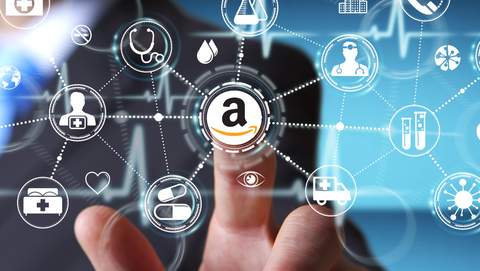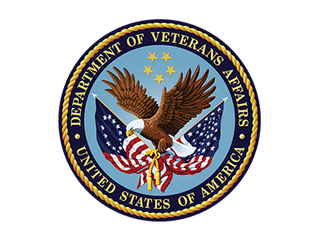Amazon Business Is Starting To Help The Strain On The Hospital Supply Chain

A Health group based in New Orleans has recently partnered with Amazon Business to help stabilize the pricing on all non medical devices and that stability is starting to support the larger ecosphere of the hospital supply chain.
In fact, Regine Villain, the senior vice president of the supply chain network and chief supply chain officer of the New Orleans based health group called, Ochsner Health System, has started to employ what she refers to as “dynamic pricing.” Her plan is starting to pay dividends because their costs are starting to go down.
Villain notes, “We're always looking for cost savings. We'll look in multiple places. If it's more at Amazon we say, 'We've been able to find this at Staples for $20. You're selling it for $22. We'll pay $20 or less.' Every single time we've done that, we've been successful." She attributes the success of Dynamic Pricing to the inevitability of the supplier's costs going down.
CLICK HERE FOR ORIGINAL ARTICLE
The B2B Amazon Business offers procurement and wholesale buying that is not all that different from how regular Amazon works, according to Bill Kopitke, head of Healthcare at Amazon Business.
"We built Amazon Business on top of the consumer buying experience," Kopitke said. "Think about the Amazon buying experience. To be able to see multiple offers in real time, a transparent final price, be able to buy it, have it shipped and move on with your life. That's not the supply chain experience today."
Amazon Business is the alternative to staff driving to Home Depot or another retailer to buy items at the market rate, he said. It offers business pricing. Hospitals and health systems use Amazon Business to buy the approximately 20% of supply chain purchases that are not contractual. It is not for medical items that typically go through a group purchasing organization.
"We are targeting that 20%," Kopitke said. "Consumables, medical supplies, gauze pads, booties, curtains, that's not the 20%. Office supplies, janitorial, sanitation, break room items, all those types of commodities have strong offerings. We find that this non-contracted spend is 15-35% of their expenditures."
Hospitals typically pay more for these nonclinical items than corporations, which have contracts across their businesses, according to David Pennino, founder and CEO, and Brain White, healthcare managing partner, of LogicSource. That indirect spend difference, about 7 to 12%, is astronomical, Pennino said. It's an amount that, if corrected, said White, could save millions of dollars a year for hospitals.
WHY THIS MATTERS
Clinical supplies, under the guise of Food and Drug Administration approval, have to be sourced and purchased, Honoré Villain said. These are not the kind of things Ochsner is looking for from Amazon, she said.
Villain became SVP of the supply chain network and chief supply chain officer at Ochsner Health System in 2019, less than a year before the COVID-19 pandemic put pressure and a microscope on hospital supply chain shortages.
The pandemic showed the shortfalls of what Koptike called a 20th century model of supply chain.
"We've been working with healthcare providers and understanding what doesn't work well," Kopitke said. "We have heard from our customers more than ever that they are dissatisfied with their traditional supply chain partners. They feel like they left the pandemic … but they don't see change happening."
Ochsner already had a partnership with Amazon Business. Villain serves on the healthcare advisory board of Amazon Business.
"For me, when COVID hit here in New Orleans, it started to spike early," she said. "At the time, I hadn't been here a full year. It definitely was quite daunting. I leaned on the strength of networking and leaned on my team. We leaned on vendor partners, manufacturing partners to get what we needed."
Amazon Business has continued to come through with "flying colors," she said.
"I'm continuously challenging them," she said. "Last year (Hurricane) Ida devastated areas such as the Bayou; there was loss of power and transportation. We decided to do everything in our power to help in communities affected."
Through donations, drives and ordering, they were able to get three tractor-trailer trucks of tarps, food, baby and pet supplies, diapers, toiletries and other items out to communities less than a week and a half later, she said.
THE LARGER TREND
The B2B arm of Amazon has 92 of the top 100 hospitals in the United States as clients, Koptike said.
"We help hospitals at the headquarter level," he said.
There is no charge to get started and Business Prime helps on delivery costs.
"The pandemic boosted our growth," Kopitke said, "and we're continuing to grow."






